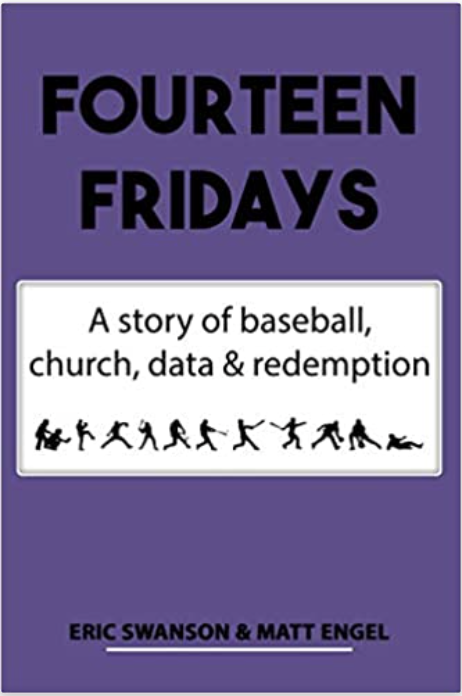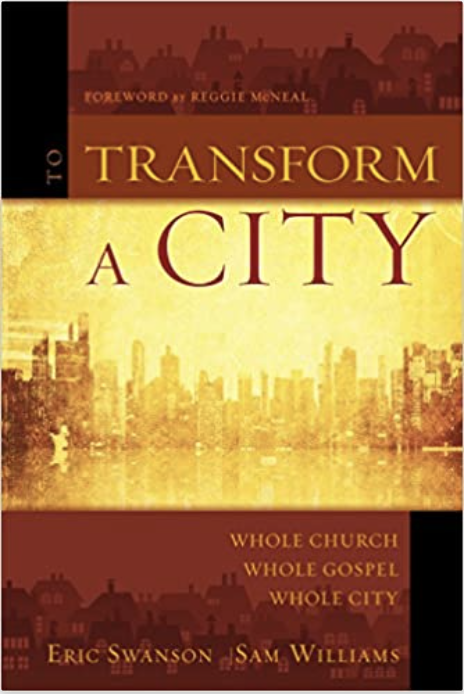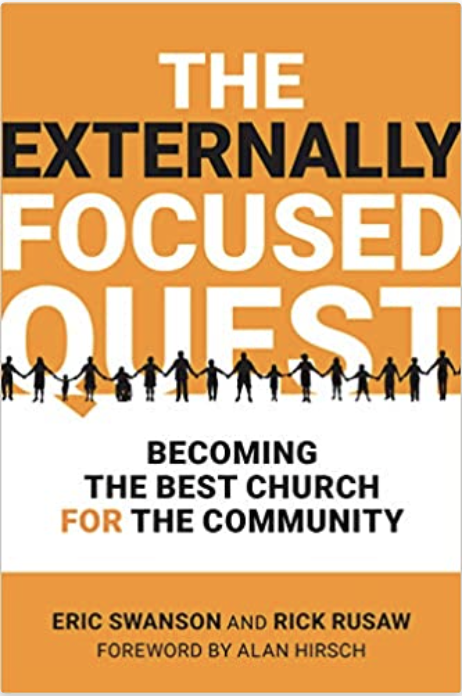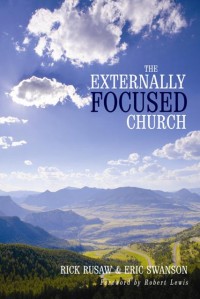Thickening up the Gospel
For the past several months I’ve been thinking about the gospel story. Tim Keller reminds us that “[e]very ‘world-view has to answer the question: ‘what is wrong with life and how can it be fixed?’”[1] A thinner gospel would suggest the answers to these questions are “Man’s relationship with God was broken because of sin and when man is restored to his relationship with God then things are made right?” That part of the story is true but it is incomplete because only defines partially what is wrong. Sin, that act of defiance where we proclaimed our independence from God, certainly broke our relationship with God but it also broke our relationship with one another. How quickly did brother rise up and kill his flesh and blood (Cain and Abel). But even more was lost and broken–the world itself, formed in perfection became flawed and broken. And as much as as a stone can cry out, the earth itself groans awaiting the redemption to be revealed (Romans 8:22). The good news is that everything that was lost in the fall was redeemed at the cross. Colossians 1:19 informs us that “God was pleased to have all his fullness dwell in him, 20and through him to reconcile to himself all things, whether things on earth or things in heaven, by making peace through his blood, shed on the cross” (c.f. Romans 8:20.
Here are a few of the implications I find myself thinking about. For Christ-followers we need to ask ourselves, how is Christ affecting my relationship with others? How does a redeemed relationship with Jesus affect how I view the world and the environment? Saying “it’s all going to burn” or “Jesus will return before we run out of resources” just does not cut it with a watching world.
As image-bearers there will be those people who are humanitarians and want to do what they can to help others…alieviating the pain of others…working to reconcile the broken relationships between people. Some call them “peacemakers.” They know that something is broken…something is not the way things were meant to be or that God created things (whether they acknowledge God or not). Likewise there are those who have great care for the earth. It breaks their heart to see icecaps melting, rain forests cut down, rivers poluted, or air contaminated. They sense that “this is not how things are supposed to be” and they long to make our physical world a better place. In our short-sightedness we Christians often write off both groups of people as “wackos,” “crazies,” “greenies,” “lefties,” and the like and see them as enemies to the gospel. Could we take a different approach? What if saw these people as making their best expression to express the brokeness of the world. What if God would use us to help others understand the source of the drive and voice inside them? Philosophers as early as Plato defined the “ideal” as that which is the design of God’s ideal. There is no “way things ought to be” without the original creation from which we have veered.
[1] From Tim Keller’s Gospel Christianity – Course 1, Unit 7 -What is Jesus’ Mission?








